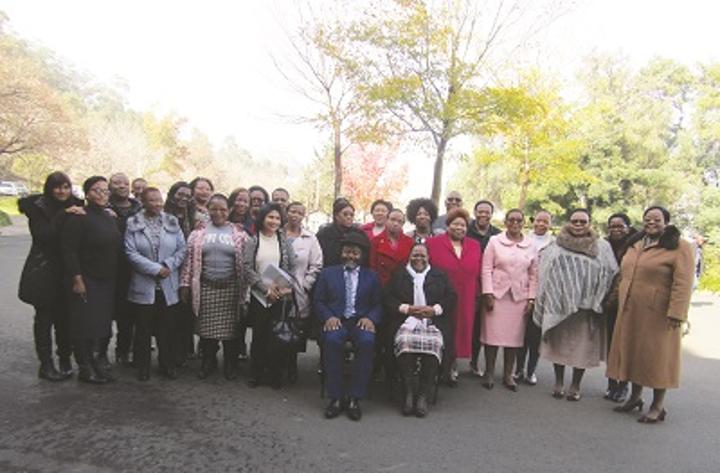Africa-Press – Lesotho. The Ministry of Health has embarked on the first Vulnerability Risk Assessment and Mapping (VRAM) that is aimed at identifying public health hazards to better prepare Lesotho to be in a position to characterize the hazard profiling of social geographic, demographic, or administrative entities such as communities and districts.
The Ministry has convened participants from various government ministries and organizations in a workshop running from Monday, 28 May 2018 to Saturday, 2nd June 2018 which aims at capacitating the participants on how to conduct Vulnerability and Risk Assessment Mapping (VRAM) and ultimately develop data collection tool on Vulnerability and Risk Assessment.
The ministry is provided with technical assistance from the World Health Organization (WHO). In 2017, the country through one-health approach conducted the Joint External Evaluation (JEE) of the International Health Regulations (IHR) 2005. This extensive work produced a report that provided recommendations which needed to be addressed.
Speaking at the workshop, Deputy-Principal Secretary Ministry of Health Ms Lesimole Moletsane indicated that the Joint External Evaluation (JEE) results indicated that the country lacks the Public Health Emergency, preparedness and response plan.
“In order to develop this plan, there is a need to conduct VRAM of health hazards in the country, hence this workshop,” she said.
“It is appreciated that the vulnerability and risk assessment mapping process serves to identify the vulnerabilities and capacities of both the communities exposed to priority hazards as identified by Strategic Tool for Assessing Risks (STAR).
“It is also learned that vulnerability and risk assessment mapping helps to identify factors that determine population and the health system vulnerability to the hazards, as well as the existing capacity to address gaps in emergency preparedness and response.
She further noted that emergencies do not negotiate when they would strike hence it is very crucial that the country is aware of these risks and is ready to implement interventions that would prevent morbidity and mortality.
Meanwhile, Mr Mohlakola Albert Hlabana speaking on behalf of WHO Representative indicated that outbreaks and other public health emergencies have major consequences when health systems are weak hence the need to build and maintain core capacities.
“Building and sustaining International Health Regulations (IHR) core capacities should use horizontal rather than vertical approaches for sustainable and resilient health systems.
The development and implementation of the multi-hazard plan should take into account other plans, ongoing and planned programmes including findings from other assessments, the JEE and VRAM,” he said.
He also added that strategies for strengthening IHR core capacities should be implemented in synergy with strategies to achieve Universal Health Coverage 2030 and Sustainable Development Goals.






